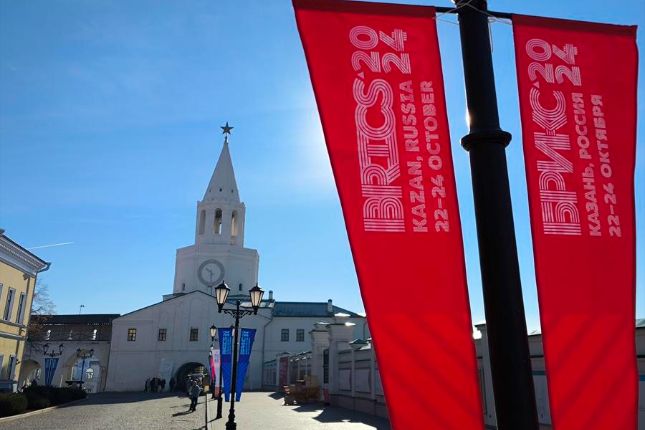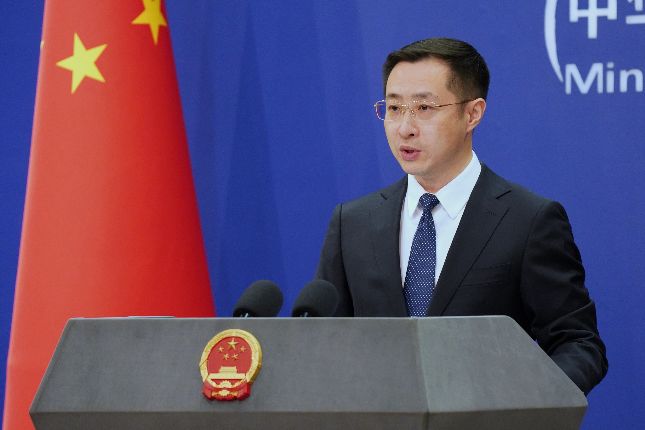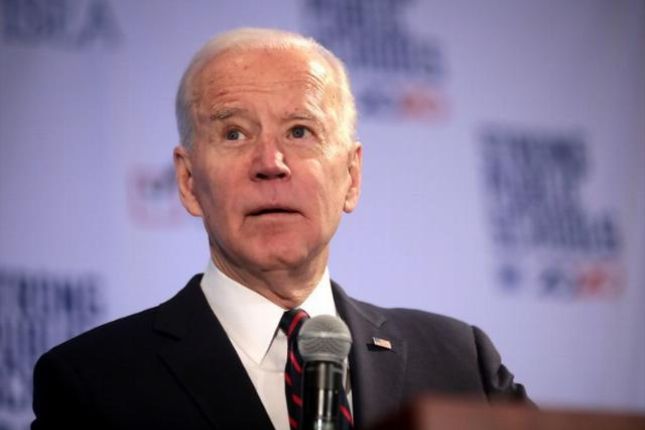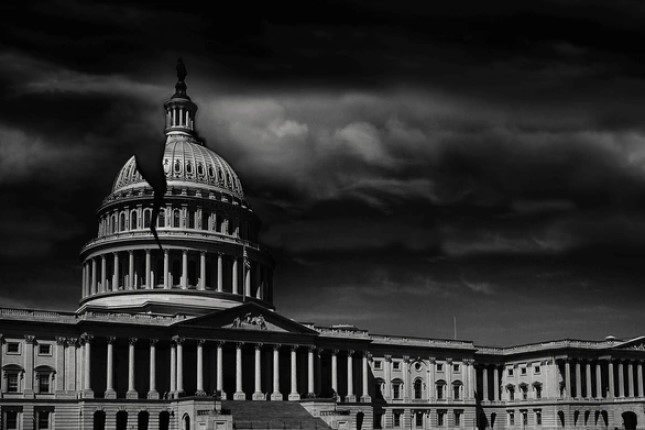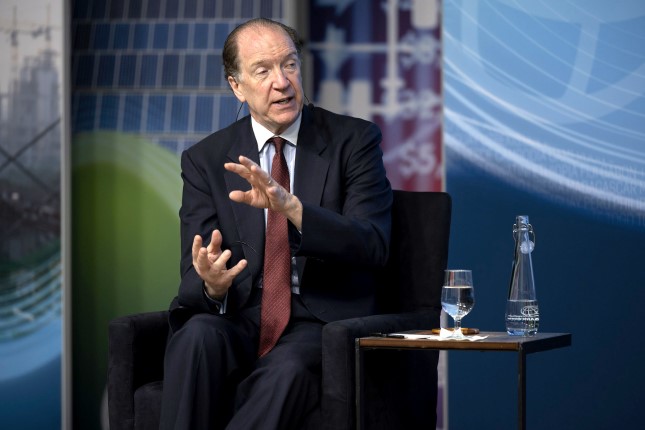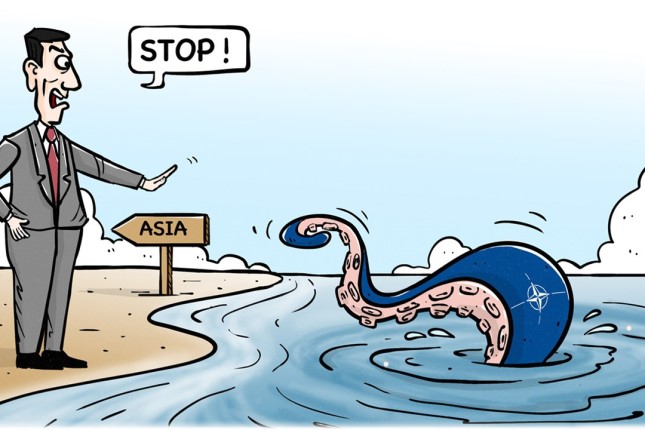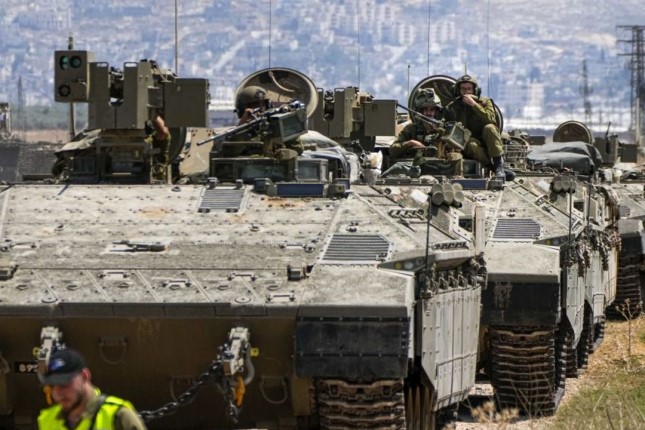He emphasized that "the enlargement of BRICS is a major milestone in its history, and a landmark event in the evolution of the international situation. At this summit, we have decided to invite many countries to become partner countries, which is another major progress in the development of BRICS." For the future of BRICS, President Xi proposed five major goals, including building "a BRICS committed to peace," "a BRICS committed to innovation," "a BRICS committed to green development," "a BRICS committed to justice" and "a BRICS committed to closer people-to-people exchanges." These goals, together with the BRICS spirit of openness, inclusiveness and win-win cooperation, will drive the BRICS countries to embark on a new collective journey.
Currently, as the world enters a new period defined by turbulence and transformation, we are confronted with pivotal choices that will shape our future. Should we allow the world to descend into the abyss of disorder and chaos, or should we strive to steer it back on the path of peace and development? In his speech, President Xi cited the example of the protagonist's unwavering determination and passionate drive from the work What Is to Be Done? by Russian writer Nikolay Chernyshevsky. He pointed out that the more tumultuous our times become, the more we must stand firm at the forefront, exhibiting tenacity, demonstrating the audacity to pioneer and displaying the wisdom to adapt, and we must work together to build BRICS into a primary channel for strengthening solidarity and cooperation among "Global South" nations and a vanguard for advancing global governance reform. These inspiring words reflect a deep understanding and historical awareness of the BRICS countries' position in the changing global landscape and their future trajectory.
Since its establishment 18 years ago, the BRICS cooperation mechanism has become an important platform influencing the evolution of the global order and the balance of international power. Looking at a world map, the "Greater BRICS" today covers 31 percent of the global land area, 46 percent of the world's population, and 20 percent of global trade. Its oil production and reserves account for approximately 40 percent of the global energy landscape. Spanning Asia, Africa, Europe, and Latin America, it brings together a rich diversity of civilizations. The BRICS mechanism leads the rise of the "Global South," and the historic elevation of BRICS' global influence is a concrete manifestation of the collective rise of the "Global South." With this scale and a strong sense of historical mission, BRICS is seen by many insightful people as shaping global trends in world politics to a large extent. It plays a key role in the process of world multipolarity and democratization of international relations, driving international order toward greater fairness and equity, a responsibility that BRICS is naturally poised to fulfill.
The BRICS mechanism holds significant representativeness in today's world. The shared desire of BRICS countries for peace, development, cooperation and win-win results is a strong voice of our era. The five major goals of building "a BRICS committed to peace," "a BRICS committed to innovation," "a BRICS committed to green development," "a BRICS committed to justice" and "a BRICS committed to closer people-to-people exchanges" are concrete manifestations of the common aspirations of BRICS nations.
Peace provides a stable environment for development, while innovation and green development represent the forefront of cooperation and development in the era. A just global governance system is a common aspiration of countries in the "Global South," and people-to-people exchanges lay a solid foundation for the coexistence of different civilizations. "BRICS is not a talking shop, but a task force that gets things done." Behind initiatives such as establishing a BRICS Deep-Sea Resources International Research Center, a China Center for Cooperation on Development of Special Economic Zones in BRICS Countries, a China Center for BRICS Industrial Competencies, and a BRICS Digital Ecosystem Cooperation Network as well as implementing a capacity-building program for BRICS digital education, lie China's pragmatic commitments to BRICS cooperation.
People believe that China represents a genuine and credible voice for developing countries and emerging markets. China has made significant contributions to leading the BRICS cooperation mechanism toward success, earning widespread credibility. As the largest economy among the BRICS countries, China has always played a crucial role in leading and promoting the deepening and solidifying of BRICS cooperation. President Xi has presided over or attended the BRICS Leaders' Summits for 12 consecutive years, proposing a series of important initiatives and suggestions to enhance BRICS cooperation. From advocating for the establishment of the New Development Bank to initiating the "BRICS plus" cooperation model, from articulating the enhancement of BRICS partnership in four aspects to promoting the construction of an innovation base for the BRICS partnership on the new industrial revolution, the path of BRICS growth bears a deep imprint of China.
"A man of virtue regards righteousness as the greatest interest." The BRICS countries, located on different continents and spanning both the Northern and Southern Hemispheres, possess diverse cultural and historical backgrounds. However, they are closely connected through their similar development visions and shared pursuit of a fair and just international order. Today's BRICS family shines like a brilliant constellation in the vast night sky of globalization. Guided by a new historical context, "Greater BRICS Cooperation" is bound to create a new landscape for high-quality development, allowing the world to witness the strength of unity among the "Global South."
Photo: This photo shows a view of the Kazan Kremlin in Kazan, Russia, on October 20, 2024 © Xinhua.
Source: The Global Times.
